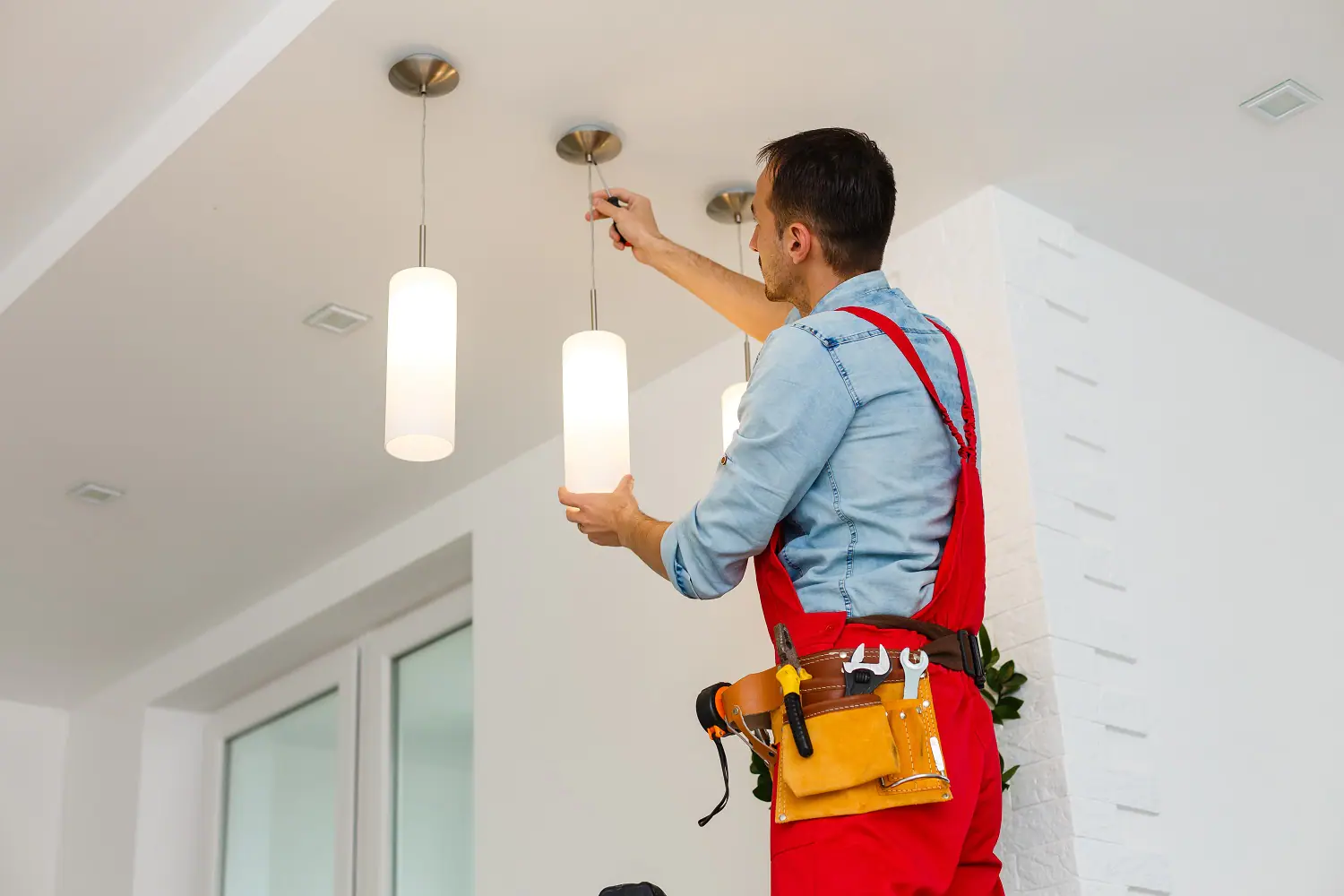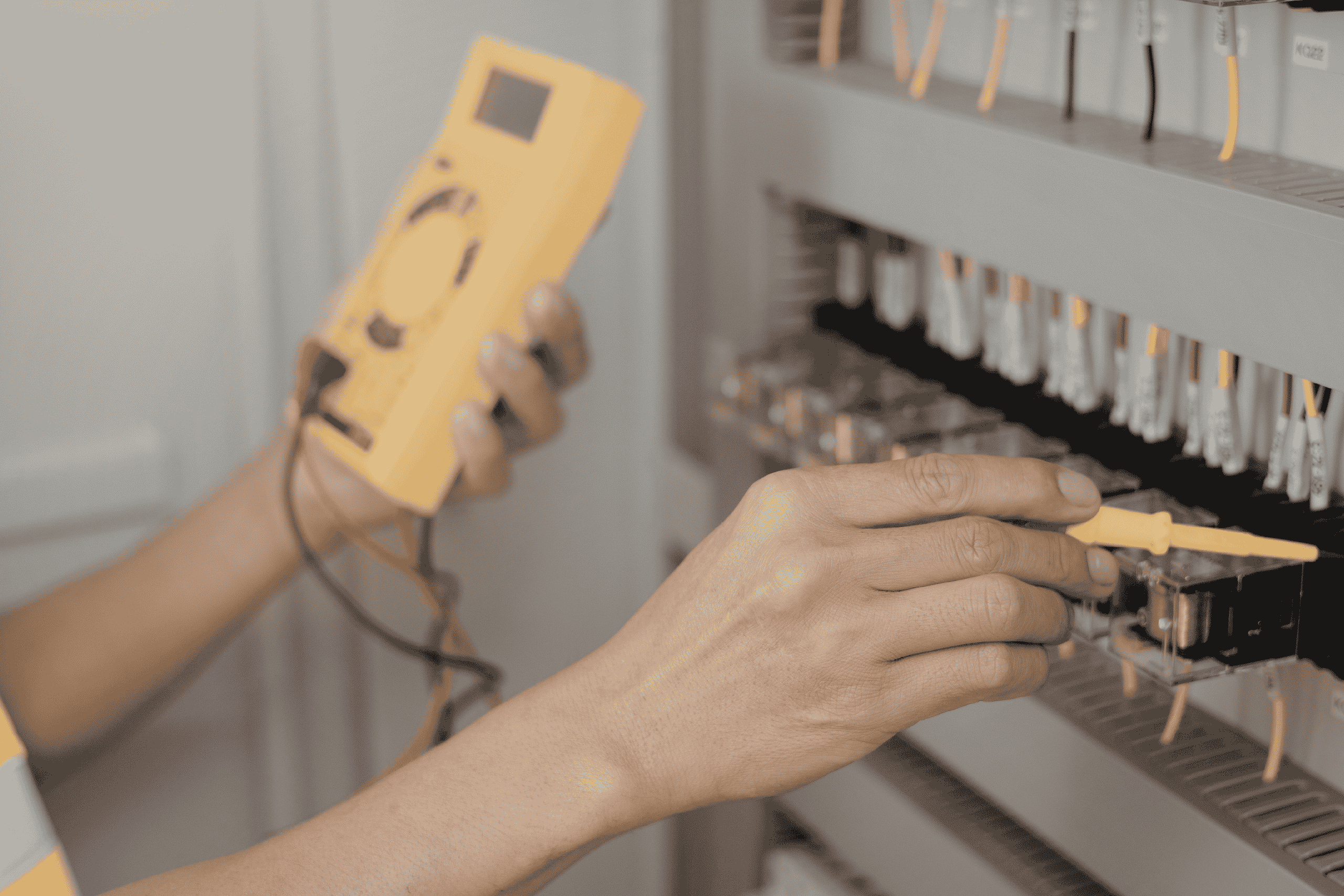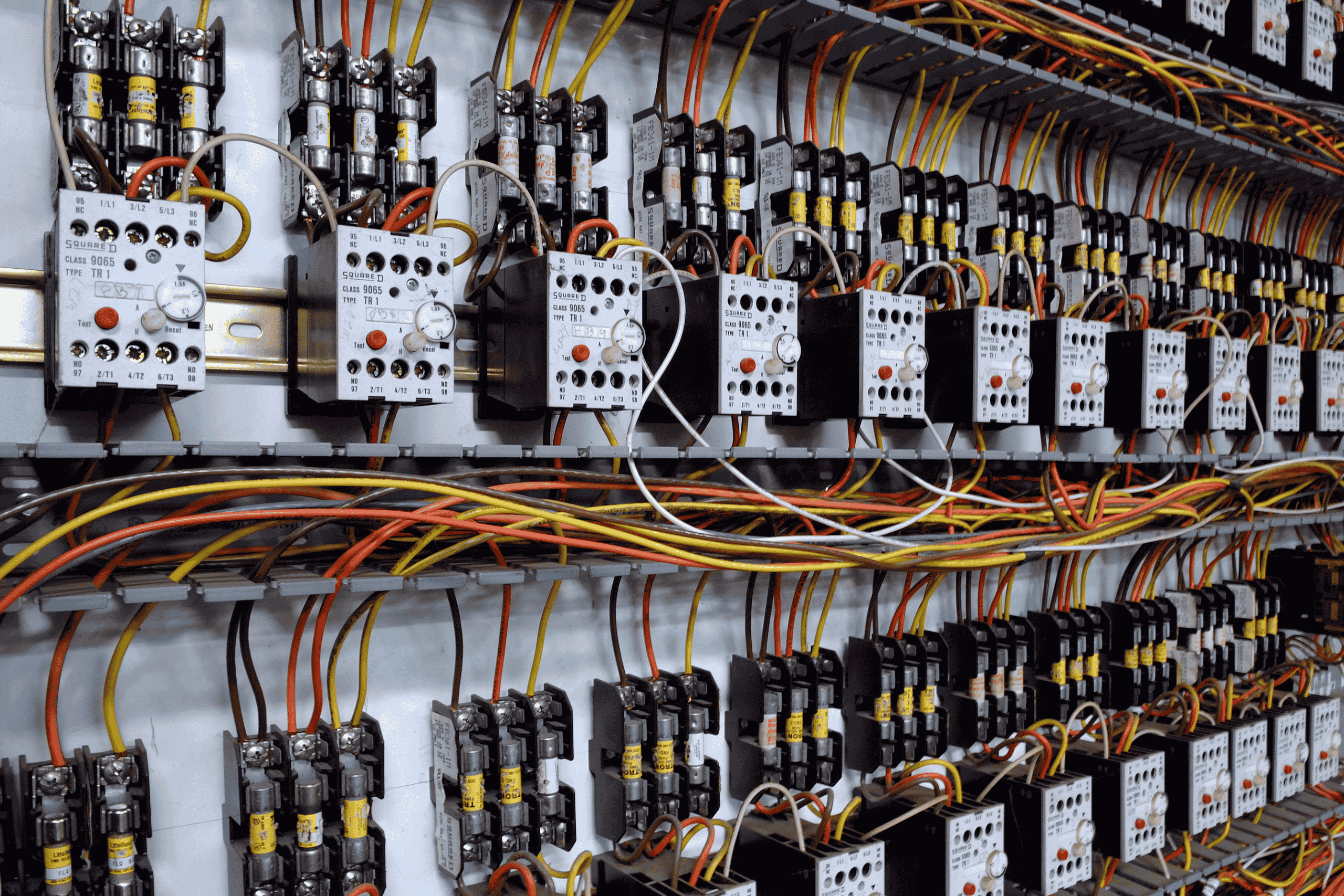Introduction
DIY projects are a great way to save money and learn new skills. However, when it comes to DIY electrical repairs, caution is crucial. Not all electrical tasks are safe to tackle on your own. Understanding which repairs are safe and which ones require professional expertise can prevent accidents and costly mistakes.
Why DIY Electrical Repairs Can Be Risky
Electricity is powerful and dangerous if handled incorrectly. Even minor mistakes in DIY electrical repairs can lead to severe injuries or fires. Knowing your limits and recognizing when to call a professional, like Caliber Electric, helps keep you and your home safe.
Electrical Tasks That Are Safe to DIY
1. Replacing Light Bulbs
Changing a light bulb is one of the simplest DIY electrical repairs. Always turn off the light switch and handle bulbs carefully to avoid breaking them.
2. Resetting Tripped Circuit Breakers
If your circuit breaker trips, resetting it is safe to do yourself. However, if it trips frequently, there may be a deeper issue that requires a professional inspection.
3. Replacing Outlet Covers
Replacing a damaged outlet cover can be done with minimal risk. Just ensure the power is off, and don’t tamper with the wires inside the outlet.
Electrical Repairs That Require a Professional
1. Rewiring or Installing New Circuits
Rewiring requires specialized knowledge and tools. Attempting this on your own can lead to code violations, electrical fires, and serious injuries.
2. Installing New Electrical Panels
Upgrading or installing a new electrical panel is a job best left to licensed electricians. This complex task involves handling live wires and high-voltage components.
3. Fixing Damaged Wiring
Faulty wiring can cause electrical fires if not addressed correctly. Professional electricians have the expertise to identify and repair damaged wires safely.
The Dangers of Attempting Complex Electrical Repairs
Attempting advanced DIY electrical repairs without proper knowledge puts you at risk. Mistakes can lead to electrical shocks, fires, and even fatal accidents. Plus, improperly completed repairs can lead to higher costs in the long run due to damage or code violations. For complex tasks, always consult a licensed electrician.
When to Call a Professional Electrician
1. Frequent Power Outages
If you experience regular power outages, there may be an issue with your electrical system. An electrician can diagnose the problem and recommend a solution.
2. Flickering Lights or Burning Smells
Flickering lights or burnt odors are red flags. These could signal faulty wiring, and you should contact a professional immediately.
3. Overloaded Circuits
If your circuit breaker trips frequently, it might be a sign of overloaded circuits. A professional electrician can help upgrade your panel to handle the load.
For more guidance on safe electrical practices, check out Caliber Electric.
For further information on electrical safety, visit the Electrical Safety Foundation International.






